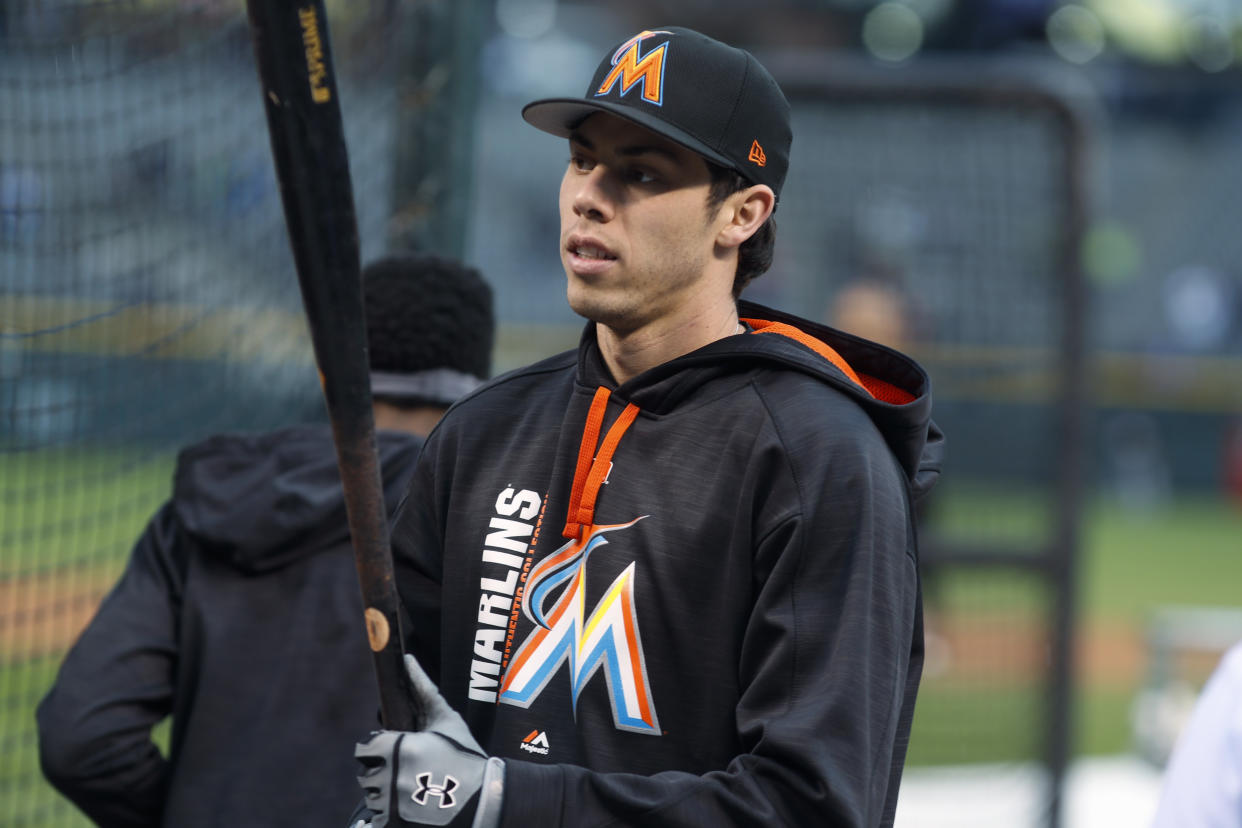Why the MLBPA is looking into the Pirates' and Marlins' spending habits

The Major League Baseball Players Association is investigating whether to file grievances against the Miami Marlins and Pittsburgh Pirates for circumventing rules in the collective-bargaining agreement that call for teams to put revenue-sharing dollars back into baseball operations, sources familiar with the situation told Yahoo Sports.
An offseason in which both teams have dumped star players piqued the interest of the players’ union, particularly as both teams receive in excess of $50 million from the program that redistributes money from higher-revenue to lower-revenue teams. The union has targeted both teams in the past, coming to an agreement with the Marlins to increase spending in 2010 and looking into the Pirates’ spending habits.
The potential grievances come during an offseason in which a frozen free-agent market has left players confused and emboldened teams to dig in and seek bargains. Neither the Marlins nor the Pirates have bothered to participate, not signing one major league free agent with spring training less than three weeks away.
The process to go from investigating a grievance to filing one is long, and with the Marlins’ current payroll in the $87 million range and the Pirates’ near $84 million, it could prove a difficult case to make. Nonetheless, the union’s power under the collective-bargaining agreement to serve as a watchdog on teams potentially pocketing revenue-sharing dollars or using them to buy down debt is important to help protect not just the players from having money shielded but showing good faith to the larger-market teams that distribute the money.
The CBA says “each Club shall use its revenue sharing receipts … in an effort to improve its performance on the field.” Each team files an annual financial-outlay document that includes its payroll, expenses from player development, revenue and other metrics. Should the union and MLB find issue with a team’s financials, commissioner Rob Manfred can penalize the team or, as was the case with the Marlins, impel it to spend.
The Marlins’ history does not help their case, as a team’s historical use of revenue-sharing money can be held against it. At the same time, the severe debt that new Marlins ownership is trying to mitigate can play into the parties’ thinking as well, according to the CBA. Miami has dealt star outfielders Giancarlo Stanton, Marcell Ozuna and Christian Yelich this winter in addition to All-Star second baseman Dee Gordon.
The Pirates’ financial situation is far rosier. Over the past eight years, Pirates teams have profited more than a quarter of a billion dollars, according to calculations from Forbes. In that same time period, the franchise’s worth has jumped more than a billion dollars, to $1.25 billion. The Pirates recently traded franchise icon Andrew McCutchen and opening day starter Gerrit Cole.
More baseball coverage from Yahoo Sports:


